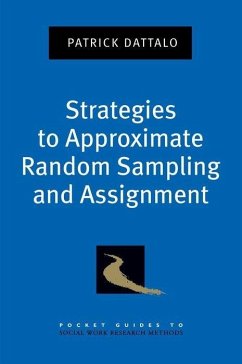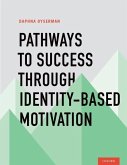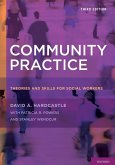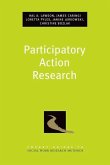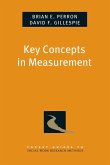Random sampling and random assignment are considered by many researchers to be the definitive methodological procedures for maximizing external and internal validity. However, there is a daunting list of legal, ethical, and practical barriers to implementing random sampling and random assignment. While there are no easy ways to overcome these barriers, social workers should seek and utilize strategies that minimize sampling and assignment bias. These methodological and statistical strategies form the book's core. In step-by-step chapters liberally illustrated with examples using a variety of software packages, Dattalo guides readers in selecting and implementing an appropriate strategy. Readers will gain confidence in using such techniques as exemplar sampling, sequential sampling, randomization tests, multiple imputation, mean-score logistic regression, partial randomization, constructed comparison groups, instrumental variables methods, and propensity scores. Each approach will be cataloged in such a way as to highlight its underlying assumptions, implementation strategies, and strengths and weaknesses. Screen shots, annotated resources, and a companion website make this a valuable tool for students, teachers, and researchers seeking a single source that provides a diverse set of tools that will maximize a study's validity when random sampling and random assignment are neither possible nor practical.
Hinweis: Dieser Artikel kann nur an eine deutsche Lieferadresse ausgeliefert werden.
Hinweis: Dieser Artikel kann nur an eine deutsche Lieferadresse ausgeliefert werden.

